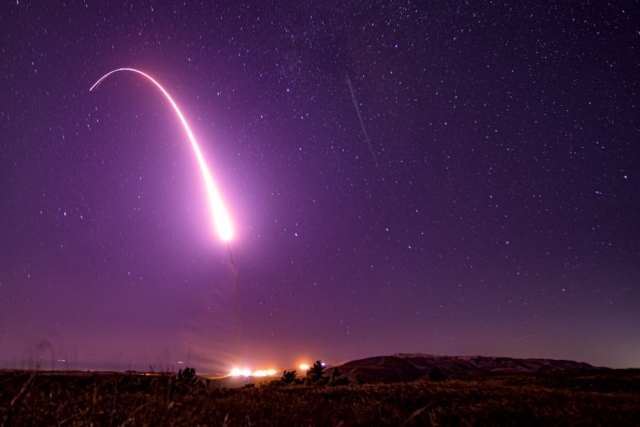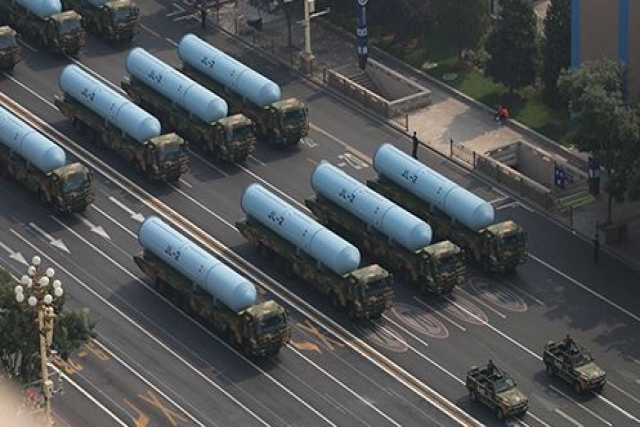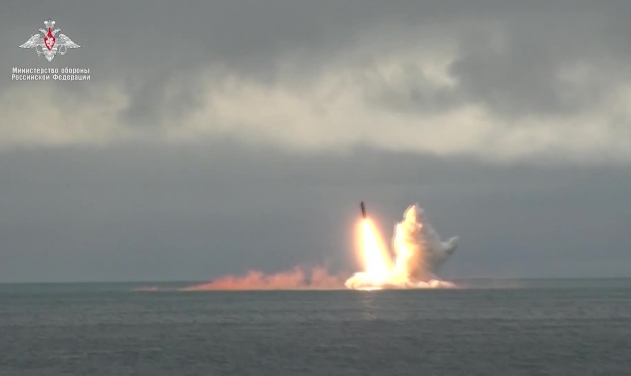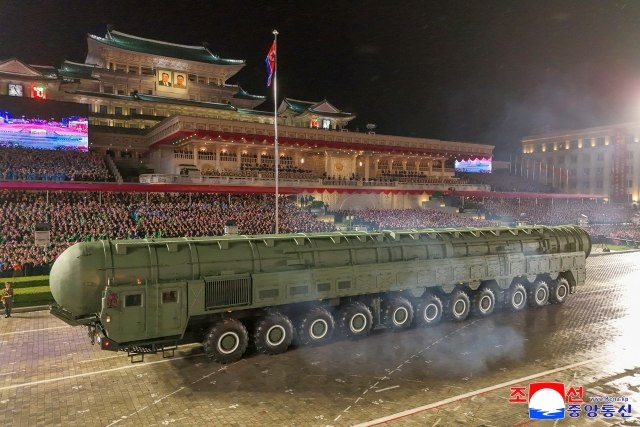Junked Railway Rake Mistook for Indian ICBM
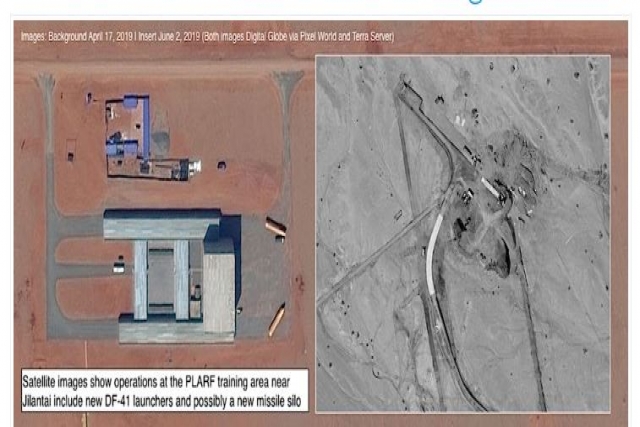
Images sent by Western satellites of Tinsukia Railway station where a rake had been lying below the surface was confused for an Indian Intercontinental Ballistic Missile (ICBM).
The images of the rake sent from sparsely populated Tinsukia hamlet, located in the Assam state close to the Indian border, piqued the curiosity of international satellites including US’ Landsat 8 that mistook it to be a secret, concealed mobile ICBM that India had been developing, Resonant News reported on Sunday.
Following the discovery of the “ballistic missile,” China, Russia and India’s NIA (National Investigation Agency), the MoD (Ministry of Defence), DIA (Defence Intelligence Agency) got involved to solve the mystery. Later, a reconnoitre mission revealed a hidden rake in the forested area.
The rake was found to be the one that had been submerged during the 1976 floods caused due to heavy rainfall in the region. It was covered in vegetation when the authorities were busy in rehabilitation works, and was later forgotten, until the American satellite picked it up and red-flagged it in 2019.
A typical launch facility has a missile stored some feet below the ground and it is protected by a blast door at the top, which is why the buried rake sparked off confusions.
In June 2019, American satellites had picked up activity of about 18 road-mobile launchers of the long-awaited DF-41 ICBM, which were training in the Jilantai salt lake in China. For next few months, Pentagon was busy discussing how the new silo resembled a Russian silo, and how the Chinese had come up with a more efficient design for safe loading of its missile. Previously, America too had rail based ICBMs, a program called mobile Minuteman.
The development is yet to be verified by the officials.
